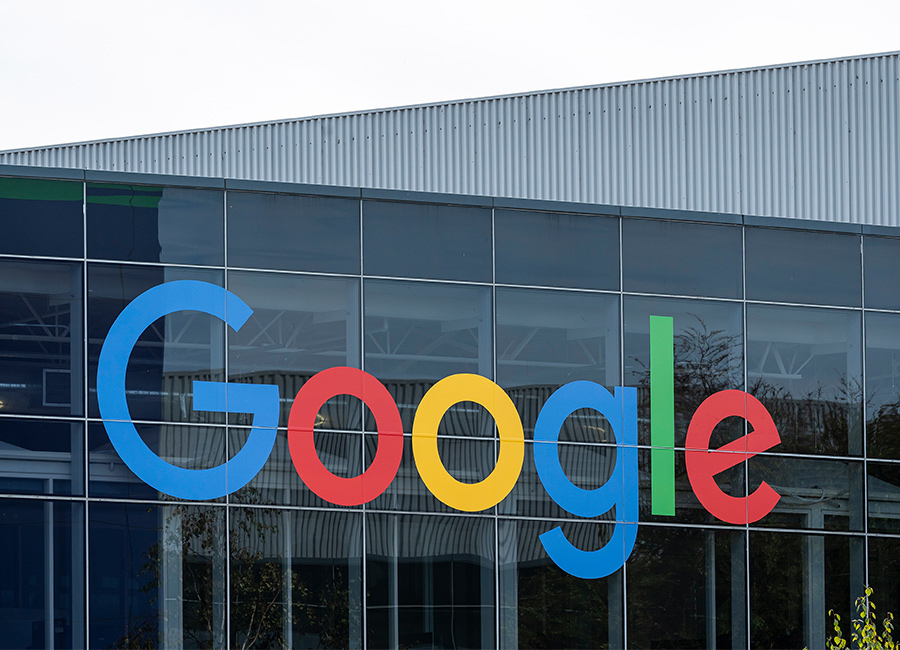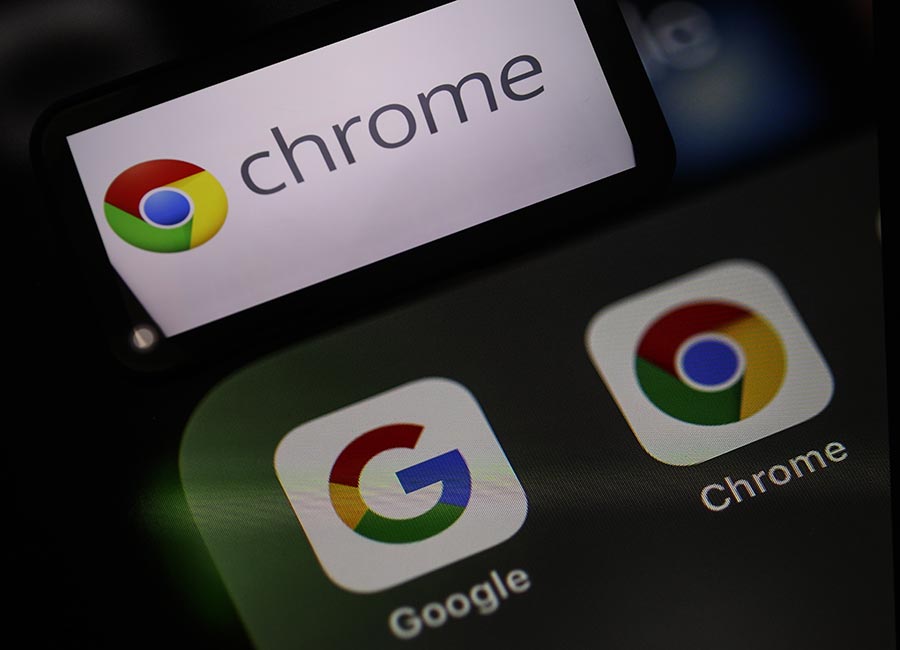Google will not have to sell its Chrome browser, a judge in Washington has ruled, handing a win to Big Tech in its ongoing antitrust battle with US regulators.
The tech giant has been ordered to share data with rivals to open up competition in online search though.
Shares in Alphabet, Google's parent company, rose 7.2% in extended trading last night as investors hailed the ruling, which also allows Google to keep making annual payments of $20bn to Apple that regulators said froze out search rivals. Apple shares similarly rose 3%.
US District Judge Amit Mehta also said Google could keep its Android operating systems, which together with Chrome helps to drive Google's dominant online advertising business.
The ruling is the result of a five-year legal battle between Google and the US government, where antitrust regulators and lawmakers have long questioned Big Tech's market domination.
Mehta ruled last year that Google holds an illegal monopoly in online search and related advertising.
But the judge approached the job of imposing remedies on Google with "humility," he wrote, pointing to competition created by artificial intelligence companies since the case began.
"Here the court is asked to gaze into a crystal ball and look to the future. Not exactly a judge's forte," Mehta wrote.
Allowing Google to retain ownership of Chrome and Androids removes major concerns for investors who view them as key to the overall business in the face of threats from OpenAI and ChatGPT, which are already eroding Google's market dominance.
If allowed to access the data Google is required to share, AI companies could bolster their development of chatbots and, in some cases, AI search engines and web browsers.
"The money flowing into this space, and how quickly it has arrived, is astonishing," Mehta wrote, saying AI companies are already better placed to compete with Google than any search engine developer has been in decades.
US antitrust enforcers are considering their next steps, Assistant Attorney General Gail Slater said on X.
Google said in a blog post it was worried data sharing "will impact our users and their privacy, and we're reviewing the decision closely."
Regarding the lucrative annual payments Google makes to Apple, Mehta wrote that banning them is even less necessary amid the rise of AI, where products such as OpenAI's ChatGPT "pose a threat to the primacy of traditional internet search."

The ruling also made it easier for device makers and others who set Google search as a default to load apps created by Google's rivals, by barring Google from entering exclusive contracts.
Google itself had proposed loosening those agreements, and its most recent deals with device makers Samsung Electronics and Motorola and wireless carriers AT&T and Verizon allow them to load rival search offerings.
(Pic: Cem Genco/Anadolu Agency via Getty Images)











